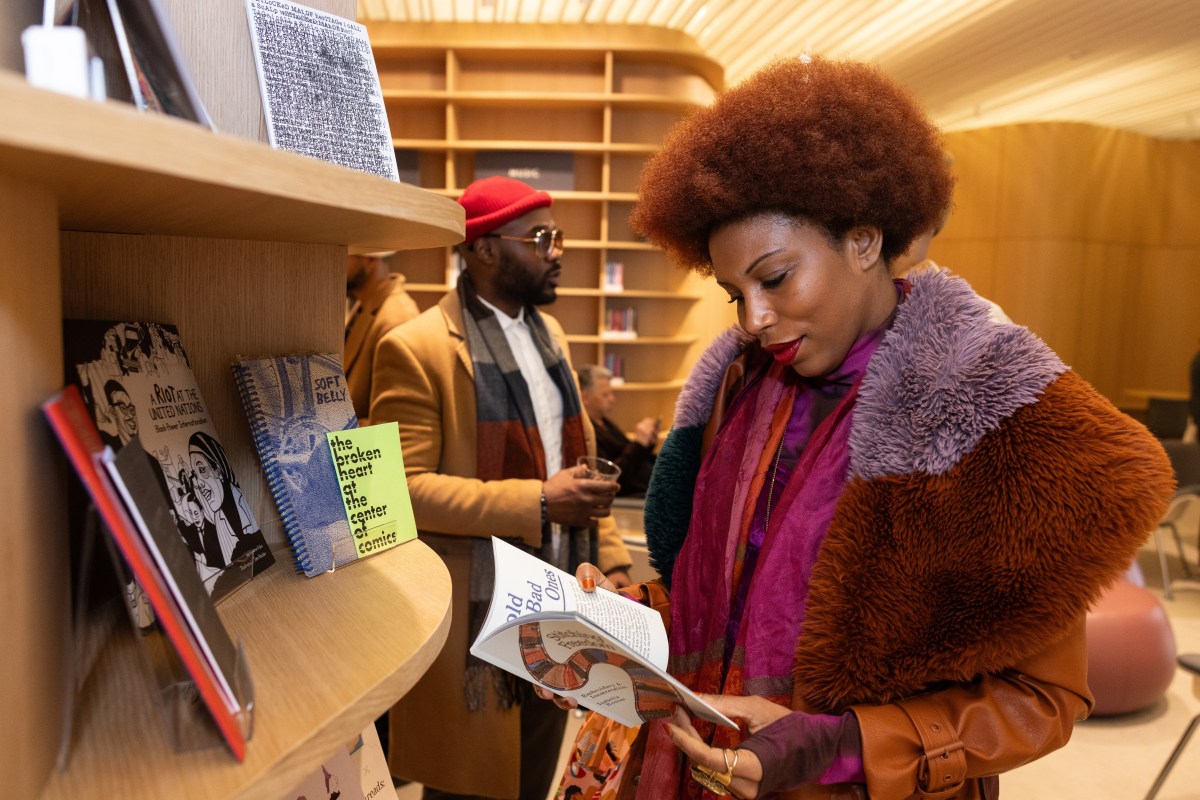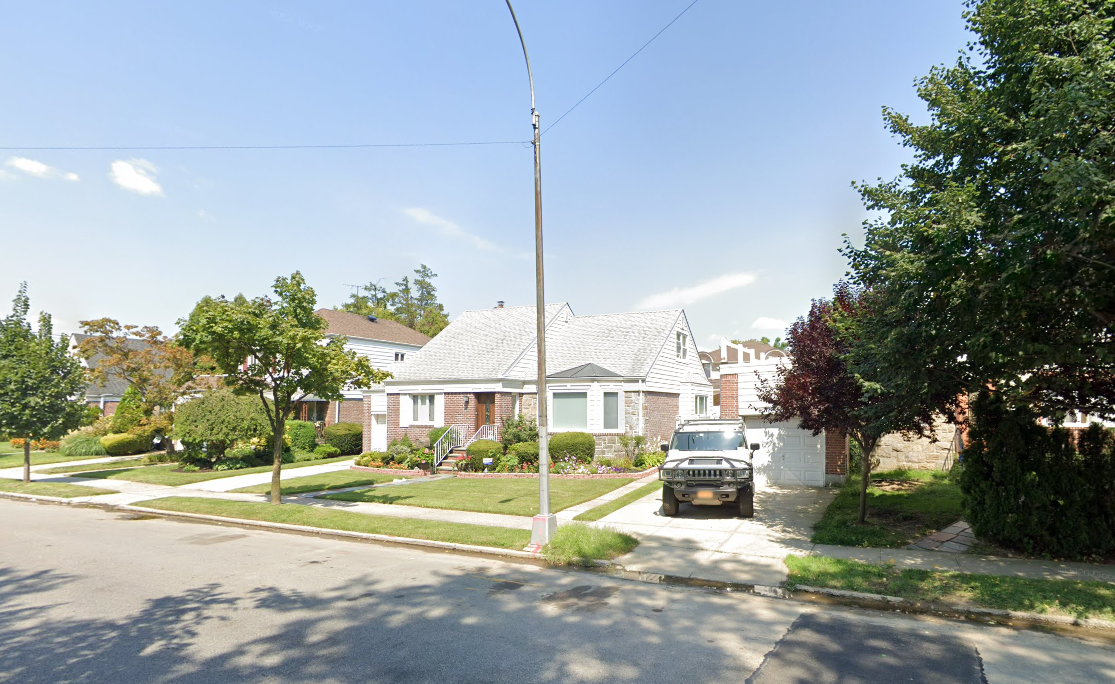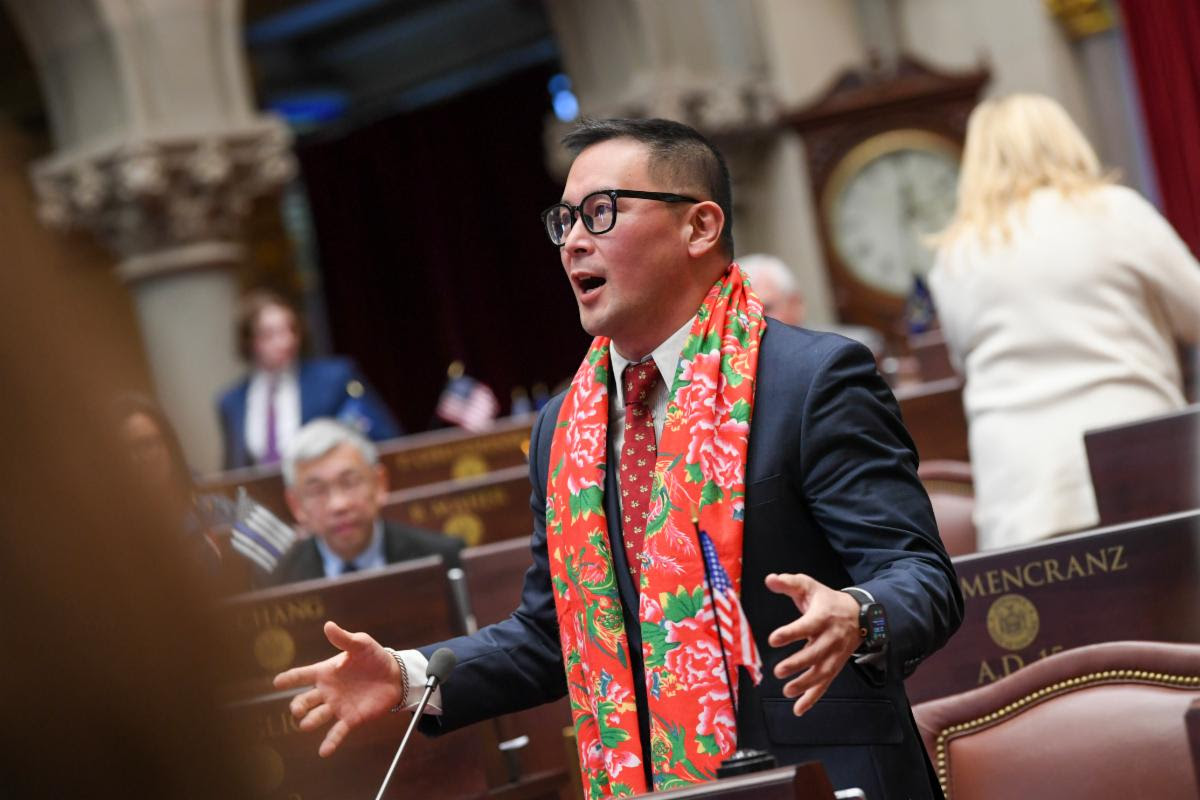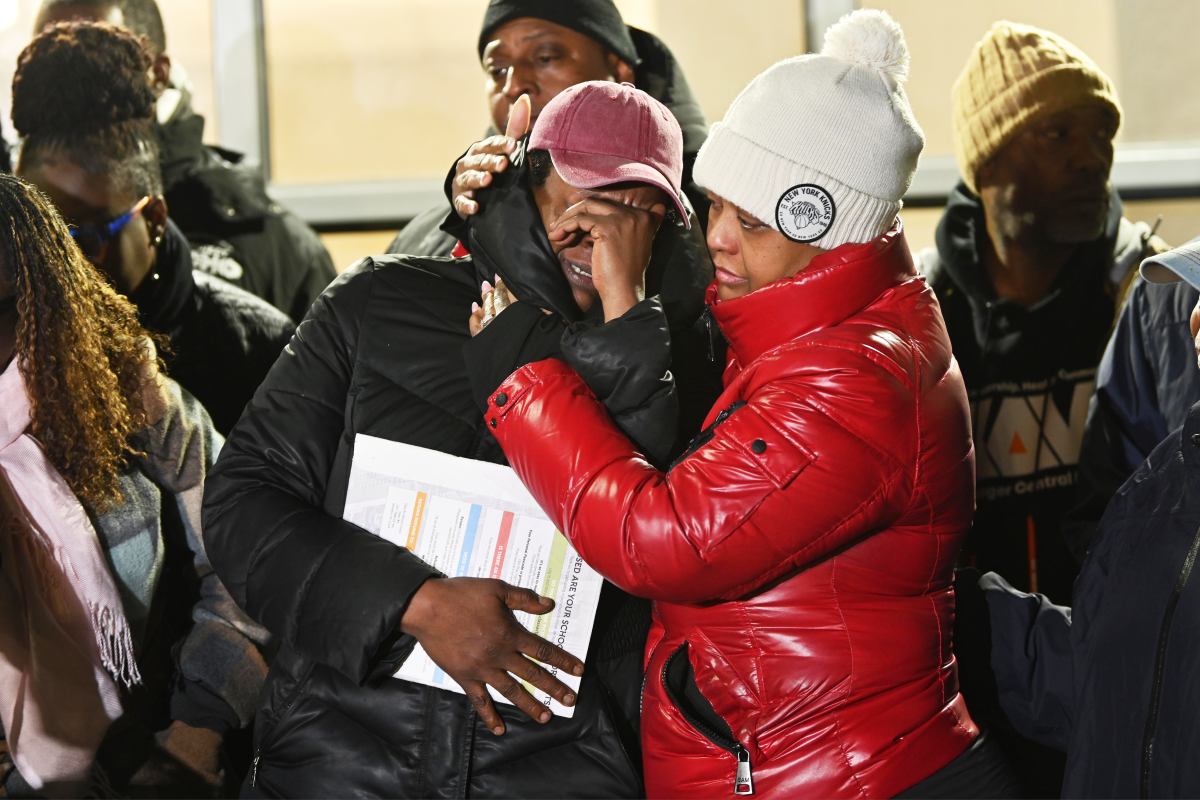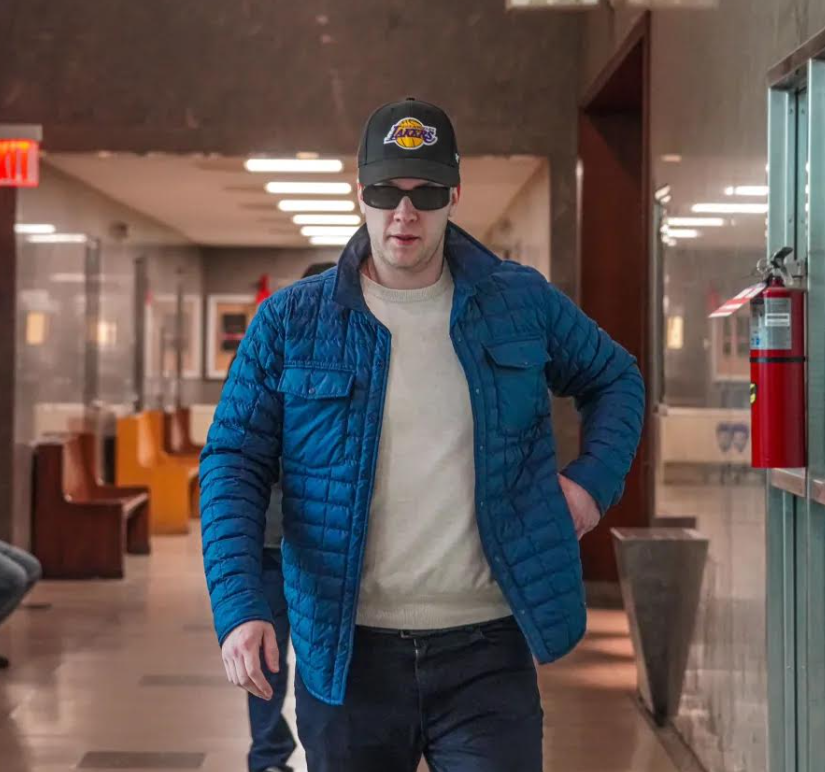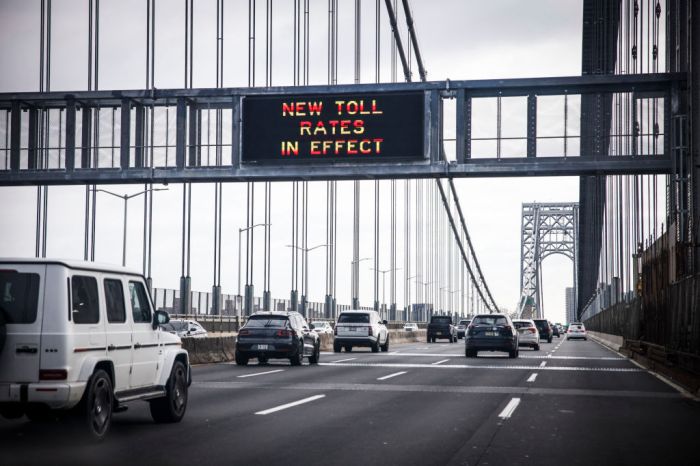
Returning to the trial of the Central Park Five 30 years later, the cast of Ava DuVernay’s “When They See Us” says the case feels more timely than ever.
“This could have happened today,” says actress Niecy Nash, who plays the mother of Korey Wise, one of five boys convicted and later exonerated in the rape of a Central Park jogger in 1989. “If you walk away from this with fury or rage, ask yourself how you’re going to be a part of the solution.”
The cast of the four-part series feels an immense responsibility telling the stories of Raymond Santana, Yusef Salaam, Kevin Richardson, Antron McCray and Korey Wise, who spent years behind bars for a crime they didn’t commit.
The goal of the series isn’t just to recreate the injustice they experienced. It’s to simultaneously shed them of the Central Park Five moniker and spark a wider conversation about black representation today.

“It’s just so important to get this right," Caleel Harris, 16, who plays young Antron, says at a press junket at the Mandarin Oriental. He’s seated next to his four co-stars, who aren’t much older than the Five were when they were convicted.
Asante Blackk, who plays Kevin, echoes his sentiment: “Their truth had never been told in 1989. Their perspective has never been what’s in the limelight.”
The group is huddled around a table in front of floor-to-ceiling windows overlooking Central Park, where the lives of the five men changed forever three decades prior.
“We have to look at it. It’s uncomfortable to look at it. Nobody wants to do it, but we have to,” says Marquis Rodriguez (Raymond Santana Jr.) of revisiting the case years later.
Jharrel Jerome (Korey) lists the names Eric Garner, Sandra Bland, Trayvon Martin. “It’s almost once a year we hear something that breaks us down and shakes us to our core. This, in 1989, was one of those stories.”

A voice to the voiceless
DuVernay’s series picks up on the night of April 19, 1989, when 28-year-old investment banker Trisha Meili was brutally beaten and raped in the park.
Raymond, Yusef, Kevin, Antron and Korey were among more than 30 youths between the ages of 13 and 17 in the park that night. All five of them were charged in connection with the case despite a lack of evidence, due to confession tapes they insist were coerced. They served between 6 and 13 years in prison and were exonerated of their crimes in 2002 when Matias Reyes confessed.
Though the goal of DuVernay’s series is to give a voice to the voiceless — a message spread by the decision to switch the title of the project from “Central Park Five” to “When They See Us” — we aren’t given more than a few minutes to peek into the boys’ lives before their youth is ripped away.
“If you don’t spend time building up their narrative, then you don’t let the viewer off the hook,” says Christopher Jackson. “You have to look these children in the face and believe they’re guilty of beating and brutalizing a defenseless human being.”

Scenes of them meeting with friends and sitting with their families are briskly replaced with the harsh lights of interrogation rooms as their confessions are taped.
The lack of time spent building up their characters helps whisk viewers up in the experience of the boys, who understood little about what was happening. And that of the public, who watched the case unfold without knowing much about their back stories.
The series plays out much of the media frenzy the case created, which the Five say contributed to law enforcement officials looking to wrap the case up quickly. Headlines claimed the boys were "wilding" in Central Park the night of the attack.
President Donald Trump even took out full-page ads (which DuVernay says totaled $85,000) in city newspapers calling for the death penalty to be "brought back" so that the Central Park Five could be executed. His involvement in the media coverage of the case is strung through the series.
“In order to perpetrate something like this against a child, you have to dehumanize that child,” says actor Joshua Jackson, who portrays Antron’s lawyer. “No adult can look into the face of a child and say you deserve this awful thing. So, the first thing you have to do is strip that child of humanity.”

Guilt unfolds
Viewers may find “When They See Us” difficult to watch at times, which the cast says is a purposeful attempt to bluntly build up their story with scenes of intimidated boys trembling in their seats in front of law enforcement officials. It isn’t until the second half of the series where they’re able to take ownership over their own stories.
The cast and crew met with their real-life counterparts to ensure they were accurately portraying their experience. All five men were present at the crew’s first table reading.
“Having them sit next to us, you get nervous. This is their life story and they’re next to you crying. You can’t just forget that,” Blackk says.
When we do get to peer into their lives, it’s mostly post-prison, when they struggle to acclimate on the streets of New York and grapple with the impact their jail terms had on their families.

Several parents of those involved in the case deal with the fallout of feeling responsible for putting their children behind bars. In the case of Anton McCray, his father Bobby specifically told him to lie during his confession taping, under the impression it would allow him to avoid police custody.
“Bobby had a huge amount of guilt due to his lack of knowledge and his fear. He believed his son would come home if he made him sign that statement,” says actor Michael K. Williams, 52, who appears as Bobby. “I believe that guilt crippled him so much.”
Actress Niecy Nash, who plays Korey’s mother, says she feels parents today still aren’t properly informed of their rights in legal situations.
"It is very imperative that this story gets out so the media understands how they are culpable in it. Our police department needs to understand that we need them to be with us and not against us," says Nash.
‘When They See Us’ starts streaming Friday on Netflix.





